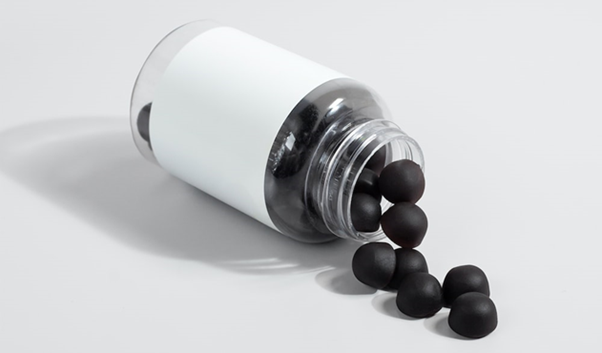Can probiotics cause bloating?

Probiotics are live microorganisms that can provide numerous health benefits, such as improving digestion, boosting the immune system, and promoting mental health. However, some people may experience bloating or other digestive symptoms when taking probiotics. In this article, we'll explore whether probiotics can cause bloating and what you can do to minimize this side effect.
Can probiotics cause bloating?

While probiotics are generally considered safe and beneficial, some people may experience digestive symptoms when first starting a probiotic supplement. One of the most common side effects is bloating, which can be uncomfortable and even painful.
Bloating occurs when there is an excess buildup of gas in the digestive system. This can be caused by a variety of factors, including eating too quickly, consuming gas-producing foods, or a lack of digestive enzymes. When taking probiotics, some people may experience an increase in gas production as the probiotics work to restore the balance of good bacteria in the gut.
It's important to note that bloating is typically a temporary side effect of probiotics and should improve within a few days to a week as your body adjusts to the new bacteria. If you experience severe or persistent bloating or other digestive symptoms, it's important to talk to your healthcare provider to rule out any underlying health conditions.
How to minimize bloating when taking probiotics?

If you're experiencing bloating or other digestive symptoms when taking probiotics, there are several things you can do to minimize this side effect:
- Start with a low dose: If you're new to probiotics, start with a low dose and gradually increase it over time. This can help give your body time to adjust to the new bacteria and minimize digestive symptoms.
- Take probiotics with food: Taking probiotics with food can help slow down the digestive process and reduce the risk of bloating. It's also important to avoid foods that are high in fiber or gas-producing, such as beans, cabbage, and broccoli.
- Stay hydrated: Drinking plenty of water can help flush out excess gas and toxins from the digestive system, which can reduce bloating.
- Choose the right probiotic strain: Different strains of probiotics may have different effects on the digestive system. If you're experiencing bloating or other digestive symptoms, talk to your healthcare provider about switching to a different strain that may be better suited to your individual needs.
In conclusion, probiotics are generally safe and beneficial, but some people may experience bloating or other digestive symptoms when taking them. This side effect is typically temporary and should improve within a few days to a week. To minimize bloating when taking probiotics, start with a low dose, take them with food, stay hydrated, and choose the right probiotic strain for your individual needs. Therefore, it's crucial to purchase high-quality probiotics from reputable sources only. This is the brand we recommend Vita Miracle, which contains 30 billion CFU'S and 18 Strains of Probiotic. Click one of the buttons below to see more details.



